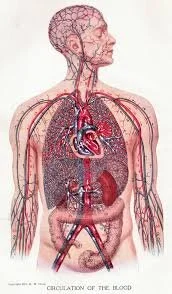Organ perfusion and function is dependent on adequate intravascular volume. Adequate coronary artery perfusion is dependent upon diastolic blood pressure. Hemorrhagic shock will result from the prolonged failure to maintain adequate diastolic blood pressure and, therefore, sufficient coronary artery perfusion. Continued hypoperfusion will eventually result in damage to heart and brain. Acidosis and hypoxia will trigger an ischemic event and cardiac arrest.
Well-trained, experienced trauma surgeons manage patients with a wide variety of injuries that bleed. This expertise includes the recognition of hemorrhagic shock, initiation of resuscitation algorithms and the options for emergent control of bleeding.
Organ perfusion medical expert witness specialties include anesthesiology, cardiac anesthesiology, obstetric anesthesiology, trauma, emergency medicine, and critical care medicine.

